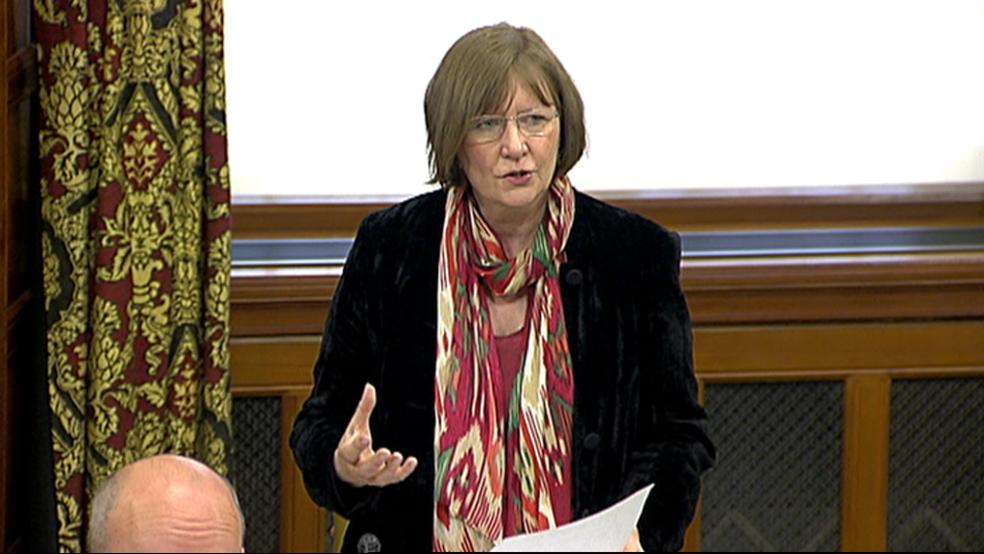
Alison Seabeck speaks in Westminster to back Plymouth for City of Culture 2017
Alison's speech in Westminster Hall on Tuesday follows below:
It is a huge honour for any city to win the title of UK city of culture, and I am sure all the bids will be strong. The value and kudos involved in winning are enormous. Sarah Shortland, who was vox-popped in The Herald in Plymouth, said:
“It would be good for Plymouth—I visited Liverpool after they won European Capital of Culture and they’ve changed lots there.”
We all know just how important winning the bid will be.
Although I am sure that everywhere we have heard spoken about today is lovely, those places cannot compare with Plymouth. As TripAdvisor points out, there are more things to do in Plymouth than in cities such as Bath, Oxford and Cambridge. Its setting alone is breathtaking: the third largest natural harbour in the world—a magnificent backdrop for cultural and sporting events, such as the America’s cup and the British fireworks championships.
Plymouth’s heritage and cultural links are many and varied, and the hon. Member for Plymouth, Sutton and Devonport (Oliver Colvile) has touched on some of them; but I want to consider it from the perspective of its maritime history, and use that as a starting point, to whet people’s appetites. It was important in Tudor times. Francis Drake of course set off from Plymouth to circumnavigate the globe. The church where he was married is in St Budeaux in Plymouth. There is a wealth of archive material that would certainly be brought out and displayed during a city of culture year. The Pilgrim Fathers left England for a place that they named Plymouth. They did not name it Southampton, or after anywhere in Essex; so Plymouth is known globally. Charles Darwin, in HMS Beagle, left from Plymouth. Captain Cook is also associated with it; and Francis Chichester returned to Plymouth in Gipsy Moth. Napoleon spent time on board a British warship in Plymouth harbour.
Of course, there is also wartime history. At the time of the D-day landings many troops, particularly Americans, left for Normandy from Plymouth. The civilian history of those dark days is also interesting, and many memories and much history could be brought out during a city of culture year. Jill Craigie’s film “The Way We Live”, about the post-war reconstruction of Plymouth, stands out. It set out the Watson-Abercrombie plan for rebuilding the city centre, which was so special architecturally. Jill Craigie was of course the wife of Michael Foot—politician, journalist and writer—and we are launching a fund to build a memorial for Michael, a man of so many talents.
We have the Royal William yard and Twofour Productions, which is the largest independent production company outside London. It was a pleasure to invite my hon. Friend the Member for Barnsley Central (Dan Jarvis) to visit it recently. The south-west media are wholly behind our bid, including Ian Wood, the editor of the Plymouth Herald. We have heard about the theatres in Plymouth, but we also have museums. We have the oldest Ashkenazi synagogue in the English-speaking world, which is still in regular use. We hold regular multicultural events to celebrate Diwali, Eid and the Chinese New Year. The new chief executive of Destination Plymouth sums it up:
“Plymouth has assets most cities can only dream of—a stunning waterfront, a city surrounded by outstanding countryside; it’s fast becoming a foodie heaven and is the cultural arts and entertainment capital for the region.”
We are going to use Smeaton’s tower and the lighthouse—the model for modern lighthouses, which sits proudly on Plymouth Hoe. That will be the beacon for our city of culture bid for 2017.











